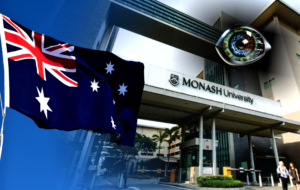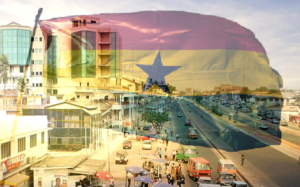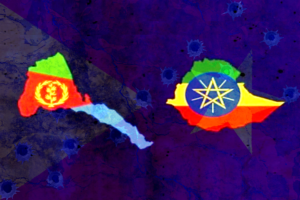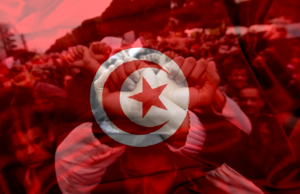Israel Escalates Gaza Offensive with Second High-Rise Demolition, Deepening Regional and Humanitarian Crisis
The destruction of a second residential high-rise in Gaza City within two days has intensified fears of an accelerating crisis with profound social, economic, and political repercussions. Israeli airstrikes on Saturday leveled the 15-storey Sousi Tower after residents were given only 20 minutes to evacuate. The attack came alongside reports of at least 56 more Palestinians killed, including families and aid-seekers near distribution centers.
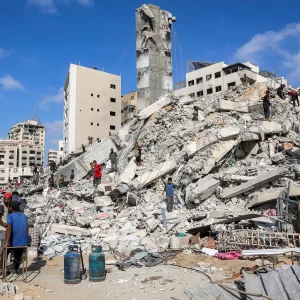
Israeli officials argued that without providing evidence, the buildings concealed Hamas’ infrastructure. This Israeli’s claim was quickly dismissed by Hamas as being “baseless.” The collapse of these towers not only strips hundreds of families of shelter but also dismantles what little remains of Gaza’s fragile economic and cultural fabric. High-rise towers in Gaza often double as commercial hubs, housing small businesses, clinics and community spaces, making their loss a blow to livelihoods and civil society as well as homes.
The crisis extends beyond the battlefield. Families now face compounded threats: displacement, hunger caused by the ongoing blockade, and the psychological trauma of constant bombardment. The strikes are also undermining Gaza’s already weakened business networks, cultural institutions, and social cohesion, leaving little room for recovery.
Politically, the escalation highlights Israel’s dual pressure points: domestic unrest over the prolonged war and international condemnation over civilian casualties. Demonstrations in Tel Aviv and Jerusalem signal growing fatigue among Israelis, while regional actors—particularly Egypt and Qatar—remain key intermediaries in ceasefire negotiations. The United States, balancing its support for Israel with calls for restraint, has dispatched high-level envoys while simultaneously engaging in indirect talks with Hamas over hostages.
The broader implications are stark. The targeting of residential and commercial infrastructure risks entrenching generational cycles of poverty and displacement. The erosion of trust in any “safe zones” or evacuation orders undermines prospects for humanitarian corridors, raising questions about the viability of future reconstruction efforts. Socially, Gaza’s population is left navigating impossible choices between flight and survival, eroding traditional family structures and communal support systems.
Regionally, the destruction reinforces the perception of Gaza not only as a humanitarian emergency but also as a destabilizing factor in Middle Eastern politics. As Israel signals preparations for a larger ground offensive, the consequences are likely to ripple into cross-border relations, regional energy markets, and broader international debates over the rules of war and civilian protection.
However, the calculus remains tragically simple to many Gazans. As some residents would say: “Wherever we go, death pursues us, by bombing or by hunger.”


